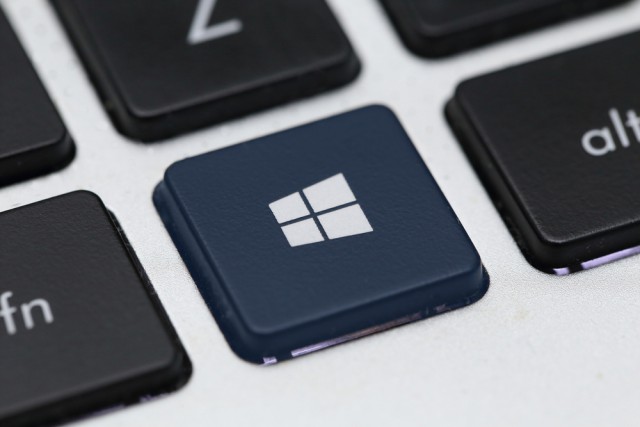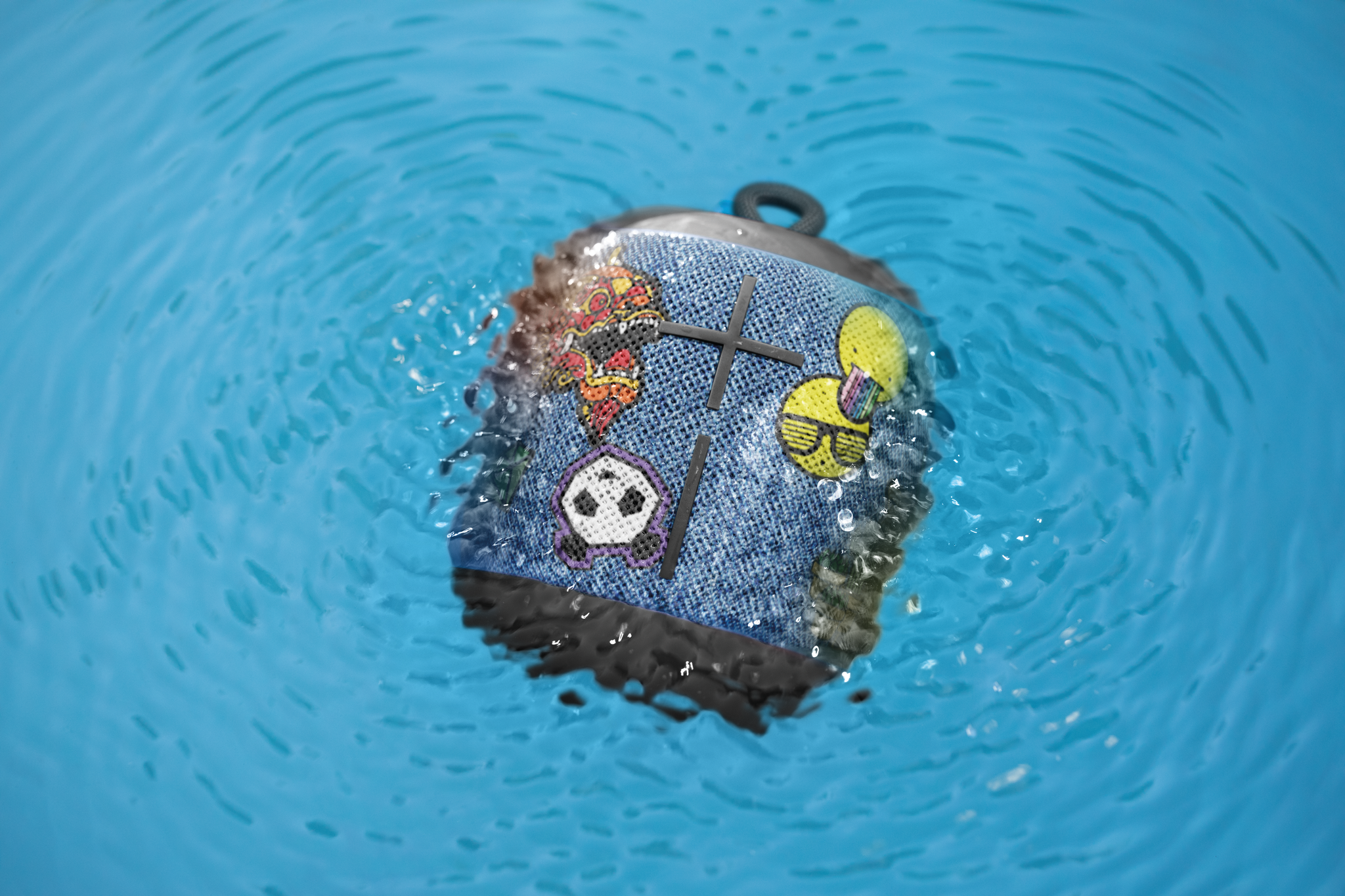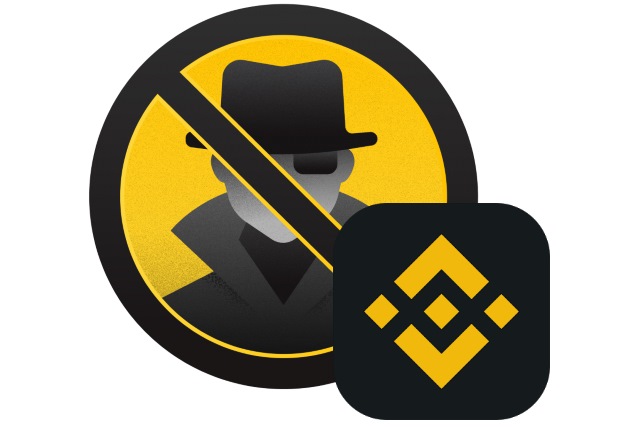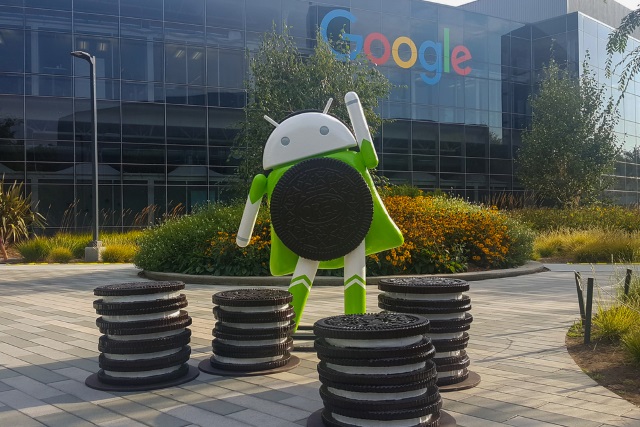
Microsoft releases Windows 10 Spring Creators Update Build 17120 to the Fast ring
The next big feature update of Windows 10 -- widely expected to be called the Spring Creators Update -- is due out next month. Microsoft is hard at work putting the finishing touches to it, but still has time to introduce some new additions.
In Build 17120, Microsoft has added some improvements to the Windows Defender Application Guard (WDAG), its virtualization-based security technology which helps to protect enterprises from advanced attacks that can infiltrate networks and devices via the Internet.

Google Images gains captions to make search results much more useful
By its very nature, searches on Google Images are very visual things -- but that's not to say they couldn't be enhanced with some non-pictorial content. And that's exactly what Google has done, adding captions to image search results to make them more useful.
The aim is to provide greater context about results, giving users the chance to judge the quality of the image, and to perhaps determine whether the host site will have other useful images.

Critical vulnerability found in Windows Remote Desktop Protocol
Researchers at threat prevention specialist Preempt have discovered a flaw in Credential Security Support Provider protocol (CredSSP), which is used by Remote Desktop and WinRM in their authentication processes.
An attacker with man-in-the-middle control over the session could use this to gain the ability to remotely run code on the compromised server masquerading as a legitimate user.

Ultimate Ears WONDERBOOM gets a 'Freestyle Collection' makeover
Ultimate Ears Bluetooth speakers are just the tops. They are well built, sound great, and are reasonably priced. Its lowest cost offering, the WONDERBOOM, is a remarkable value at just $99. Heck, the little guy is waterproof and floats.
Today, the WONDERBOOM gets a makeover thanks to the all-new "Freestyle Collection." The internals remain the same (meaning it will still sound wonderful), but the outward design gets a fresh coat of paint with five new styles.

Many smart devices can be hacked in 30 minutes
Off-the-shelf smart devices that include baby monitors, home security cameras, doorbells, and thermostats can be easily hacked according researchers at Israel's Ben-Gurion University of the Negev (BGU).
As part of their ongoing research into detecting vulnerabilities in devices and networks expanding in the smart home and Internet of Things (IoT), the BGU researchers disassembled and reverse engineered many common devices and quickly uncovered serious security issues.

IMF chief wants to regulate the 'dark side of the crypto world' with blockchain and AI
Christine Lagarde, the head of the International Monetary Fund (IMF), has said that the blockchain technology behind cryptocurrencies could also be used to regulate them. She suggests that the IMF "fight fire with fire" in trying to address the "dark side of the crypto world."
While acknowledging the potential for the technology behind crypto-assets as being massively empowering -- particularly as a way to provide low-cost payment methods in poorer countries -- she says that cryptocurrencies also need regulation to avoid problems such as money laundering and funding terrorism.

Mobile World Congress 2018: Much more than a Samsung Galaxy S9 reveal
This year’s Mobile World Congress was one of the best I’ve attended. While there was a lot of hype around the launch of Samsung’s Galaxy S9 , which looks pretty great, overall there was less of a focus on specific models and operating systems and more attention being paid to the new technologies that are solving customers’ problems, such as artificial intelligence (AI) and the Internet of Things (IoT). There was also a lot of discussion about how we secure, manage and control these technologies and how to comply with new and upcoming regulations, such as the General Data Protection Regulation (GDPR).
Here are my main takeaways from this year’s show:

Firefox Quantum 59 boosts page loading times, adds options for blocking intrusive website requests
Mozilla has released Firefox Quantum 59.0 for desktop, along with Firefox for Android 59.0 rolling out imminently.
The new version continues to refine performance with the promise of faster page-loading times, while the Home page gains one new customizable feature. Other highlights include improvements to the built-in screenshots tool and the ability to block website requests for advanced access or notifications.

70 percent of companies would fail an access control audit
A new study into privileged access management from account protection specialist Thycotic shows that while over 60 percent of organizations must satisfy regulatory compliance requirements surrounding privilege credential access, a worrying 70 percent would fail an access controls audit.
Access to privileged accounts allows more rights and permissions than those given to standard business users, yet 51 percent fail to use a secure logon process for these accounts.

American Civil Liberties Union lawsuit complains about TSA searches of phones and laptops
The American Civil Liberties Union (ACLU) has filed a lawsuit against the TSA, asking for details to be released about the policies governing searches carried out on phones and laptops on domestic flights.
There have been a number of complaints recently from passengers unhappy with the fact that their devices have been searched without any reason being given. Concerns are mounting about invasion of privacy, hence the ACLU's interest in finding out precisely why the searches are being carried out.

Think twice before you connect to the free hotel wireless network
After a long flight, the first thing we do, as soon as we hit the runway, is switch our phone out of airplane mode and check our messages, emails and make sure we can connect to the local mobile network.
The problem is, this is expensive and most users mobile contract does not offer them free roaming, especially at long-haul destinations. You want to be connected to Wi-Fi as soon as possible.

Cryptocurrency exchange Binance offers $250,000 bounty for hacker information
A week ago, cryptocurrency exchange Binance was the victim of a hacking attempt. While the attempt on March 7 is described as "not successful," Binance is still eager to track down the perpetrators.
So keen is the exchange, in fact, that it is offering up a $250,000 bounty to "the first person to supply substantial information and evidence that leads to the legal arrest of the hackers."

Trump blocks Broadcom's takeover of Qualcomm, citing national security
Donald Trump has signed an executive order that blocks Broadcom from buying Qualcomm. The takeover has been talked about for a number of months, but now the president -- in line with his "America first" drive -- has scuppered what would have been the largest technology deal ever.
Had the deal gone ahead, a merged Broadcom and Qualcomm would have been responsible for a massive proportion of the chips in phones, computers and connected devices. But US concerns about China mean that the deal is now very much off the table.

Kingston unveils 'Canvas' SD and microSD cards
One of the most important purchases a photographer can make is their memory card. Whether you are a professional or amateur photo-taker, you undoubtedly want to protect your images. This is why it is important to focus on reputable brands -- it isn't worth saving money by going with a lesser-known brand if your files get corrupted, right?
One company that has a great reputation is Kingston. It has long sold quality flash products. Today, the popular company unveils its new "Canvas" line of memory cards. They are available as both micro SD and SD, plus in various speeds and capacities. In other words, Kingston is aiming to meet the needs of many. There are three distinct Canvaas variants from which to choose -- Select, Go, and React.

Android 8.1 Oreo coming to OnePlus 5T and OnePlus 5
It's become quite clear that the idea of having major updates available in a timely fashion remains a distant dream for many Android users. Lots of smartphones remain a version or two behind the latest big release of the popular operating system, even though the hardware is more than capable of handling it.
Trouble is it's not (just) obscure companies that are failing users, but major players too. Take Samsung and the Galaxy S8 for instance. The Oreo roll-out only just started, but it's based on Android 8.0 -- not 8.1, as you would expect. Fortunately, there are some exceptions, most notably OnePlus and its two most-recent flagships.
